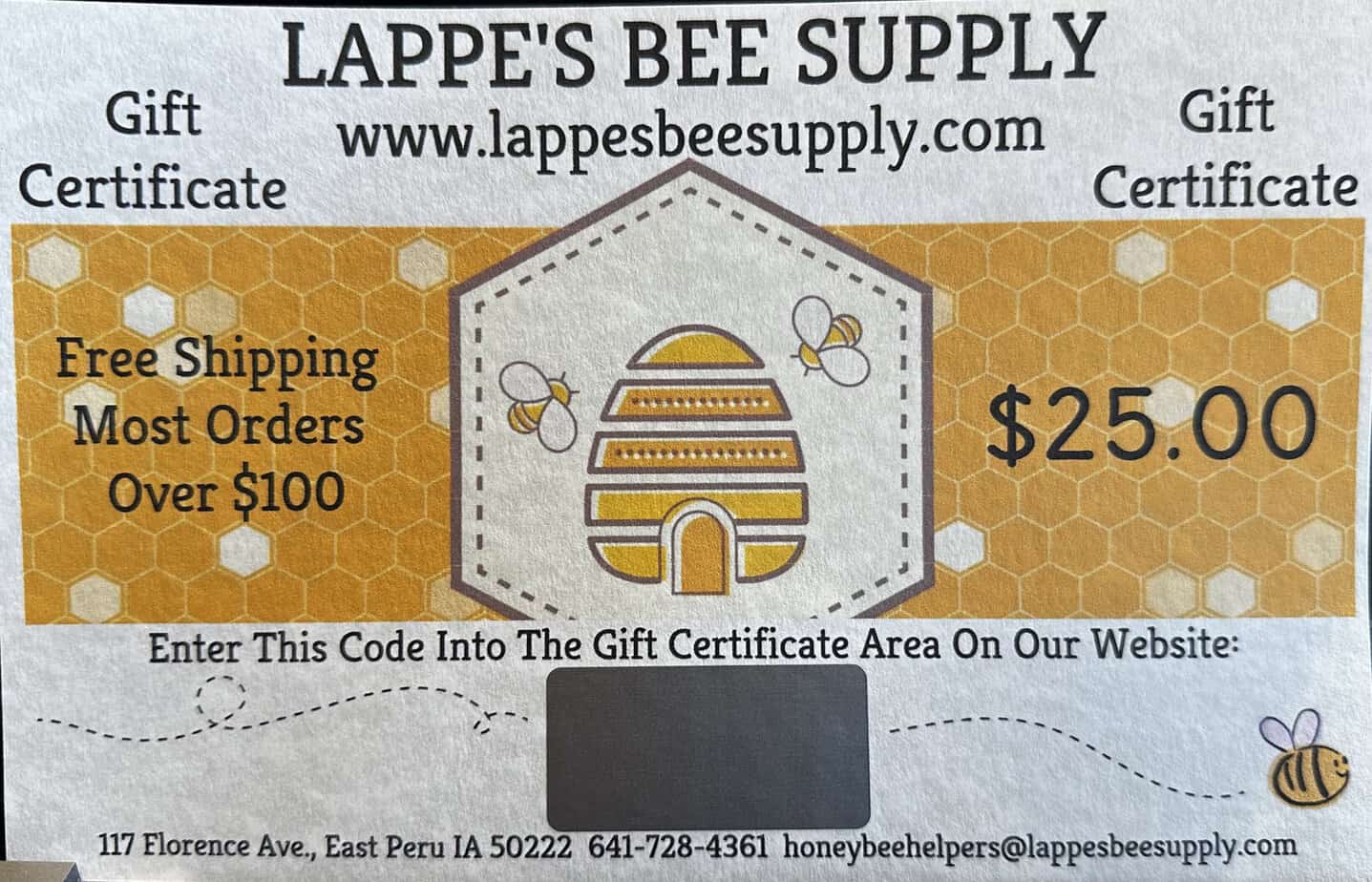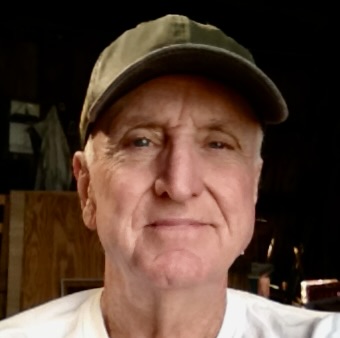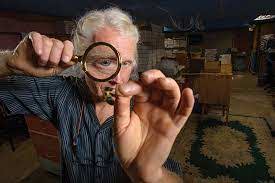RECORDING & Handouts AVAILABLE!
DAY: Wednesday, February 12, 2025 (2nd Wednesday of every month)
TIME: 7:00 pm - socializing begins at 6:30 pm
TYPE: ZOOM Only - CLICK HERE when it is time to join the meeting
LEARN - Swarm Recognition, Preparation / Prevention / Intervention and Solutions
WHO: Beekeeper John Benham
You are not logged in. Please login to view the RECORDING and to access John's PowerPoint and other support material.. Thanks!
DOOR PRIZE!
Win a $25 Gift Certificate to
Lappe's Bee Supply!

SCHEDULE
| 6:30.pm.ET | Virtual Socializing | |
| 7:00.pm ET | Club announcements and B.I.G. report from Sam Droege | |
| 7:30 pm ET | Presentation by John Benham, "Swarm Recognition, Preparation / Prevention / Intervention and Solutions" |
EVENT DESCRIPTION
1
MCBA's 2024 Bee Impact Grant (B.I.G) beneficiary was Sam Droege's project on bees and their favorite local flora. Sam will report on how the funds will be used in the coming months
2
Beekeeper John Benham will talk about
* Swarm Recognition
* Swarm Preparation
* Swarm Prevention
* Swarm Intervention
* Swarm Solutions
John will explain how wintering colonies prepare for the most intense and focused part of their life!
He will explain how beekeepers can stay ahead of this winter-to-spring buildup, and their options for swarm prevention.
SPEAKER BIOs
John Benhan has been a beekeeper for 25 years, single handedly managing around 40 colonies annually. He has been a breeder of quality local queens and bees for over 20 years using locally trapped stock. He is an Eastern Apiculture Society Certified Master Beekeeper, Life Member of EAS, 2019 President of HAS and a frequent speaker at their conferences as well as EAS. He has been the President of the Mammoth Cave Ares Beekeepers from 2017 to present, past member President/officer of four local associations since 2004 and a life member and advisor of the Kentucky Queen Bee Breeders Association. He shares his knowledge and love for the bees as a mentor, speaker, instructor, volunteer, and organizer at state, local, regional, and national associations. He writes a monthly column for the Nashville, TN. Area Beekeepers and continuously strives to advance his beekeeping skills and knowledge. He advocates various queen-rearing methods by organizing and teaching at Spring schools in several sates urging beekeepers to promote and establish individual, self-sustaining local apiaries.


Sam Droege is a Wildlife Biologist at the Eastern Ecological Science Center, a division of the U.S. Geological Survey. WHAT does Sam do? From his offices and field lab in Laurel, Maryland, Sam advises researchers around the world on how to track and monitor bees.
Sam’s lab has collected 650,000 bee specimens, including 11,648 honey bees. He photographs select bees with special equipment that captures astonishing, microscopic detail. All his photos are public domain, You can download and use them however you like at: http://www.flickr.com/photos/usgsbiml/ The collection of Maryland bee photos is https://www.flickr.com/photos/usgsbiml/collections Learn more about Sam’s Lab: https://www.usgs.gov/centers/eesc/science/native-bee-inventory-and-monitoring-lab You can also see a wonderful short video about Sam and his lab at https://www.usgs.gov/media/videos/usgs-native-bee-inventory-and-monitoring-lab-eastern-ecological-science-center Sam’s profile page: https://www.usgs.gov/staff-profiles/sam-droege
